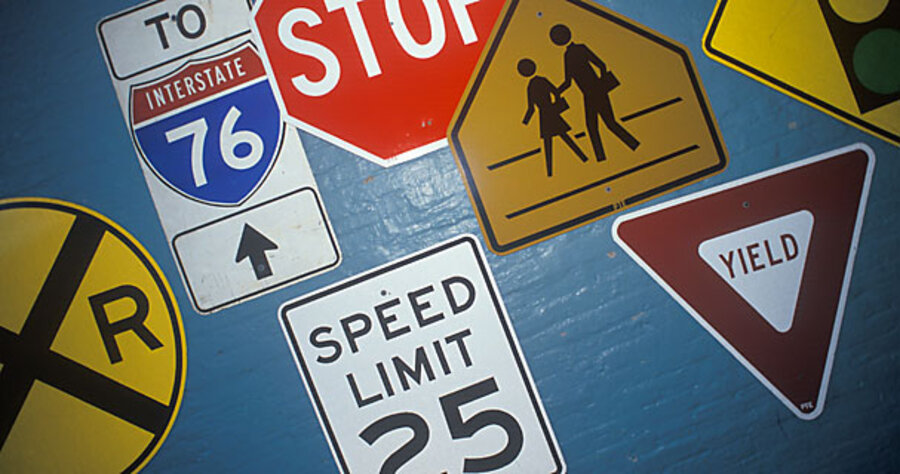Now in an ideal world a person who is buzzed or drunk should not drive. Remember, driving while feeling a buzz is still considered the same as drunk driving under the law. Commonly stated: buzzed driving is drunk driving. Obviously the most important argument for not driving buzzed or drunk is you don’t want to hurt someone else or yourself. Don’t drive, because you don’t want to get into an accident. DUI involving serious bodily injury or DUI involving property damage is far more serious than just a regular DUI. And finally, don’t drive, because if you get caught your life will take a completely unintended course. A course that has the potential to affect you for the rest of your life.
That said, let’s move to the real world where many people get arrested and charged with DUI even when they are not drunk and or buzzed. This is the world that says any person with virtually any amount of alcohol in their system could be arrested and charged with DUI, regardless of who caused the accident if in fact there was an accident.
Now think about this for a second. If you drink and drive, period, there is a real possibility that you could be stopped, arrested, and charged (maybe even convicted) of drunk driving. First, most people don’t understand the law in Florida which is necessary for a resident to be charged with DUI. Everyone understand that first to be charged with DUI you must be driving the vehicle.
This is also known as actual physical control. That’s the first element. The second element is that you must have a breath or blood alcohol of.08 or higher OR, with emphasis, you must be driving to the extent that your normal faculties are impaired. Meaning your ability to see, think, talk, walk, judge distances, operate machinery is impaired. This second element is obviously decided by the arresting officer not a technical piece of machinery. And many DUI trials are won or lost over the ability of your defense attorney to demonstrate that you were not impaired. The impaired element comes into play usually if you refuse the breath test or possible urine test.
The officer will gather evidence such as odor of alcohol, slurred speech, blood shot watery eyes, stumbling when walking types of evidence to use against you to build his/her DUI case. Here’s how a typical DUI case is built:
First, all cops need probable cause to conduct a traffic stop; there must be some traffic law violation to justify stopping your vehicle. Some common reasons a person is stopped and then arrested for DUI are: Weaving, Speeding, failing to use signals, rolling through a stop sign or driving with out lights.
Some not so common, but justifiable in a court of law, reasons a cop may pull you over are: darkly tinted windows, loud exhaust pipes, broken windshield, unrepaired body damage that’s a safety hazard. Also, If the car you are driving is registered to someone who has been convicted of drunk driving it could lead to getting the attention of law enforcement to investigate you further. Despite your best efforts, an expired tag has given a police officer probable cause to stop you. Under other circumstances you might welcome being told that your tag is expired and if you renew it within a certain amount of time the ticket will be dismissed. But, you have been drinking and are worried. Now what?
First, always have your driver’s license, your vehicle registration, and insurance card available before the officer approaches your window. This will demonstrate that you are aware and cognizant of what has just happened. You do not want to have to fish through your glove box, or worse, to not find these documents when you need them.
When the blue lights go on, find a safe place to pull over, always on the right side of the road whenever possible. Be courteous, but admit to nothing. If the officer asks if you have been drinking return his question with a question, “would you like to see my license?” or “why do you ask?” Never admit to consuming any alcohol at this point.
Your admission to drinking gives the officer “cause” to pursue the matter further. Irregardless of your admission, the officer will be able to smell the odor of alcohol on your breath, hear your slurred speech (especially the more you talk) and see your bloodshot and watery eyes.
If he determines that you may be impaired, he will ask you to perform certain tests or exercises. These are commonly known as field sobriety exercises or tests. Do not perform any of these tests unless of course you have had no alcohol but in nearly all cases you would still be sitting inside your vehicle at this point. You are not required to perform these tests and there is no penalty for refusal.
The ONLY reason these tests are given is to give the officer justification to require you to take a chemical test (breath, blood or urine) to determine your Breath Alcohol Content, BRAC. Florida, requires a driver to submit to a chemical test, or face severe penalties.
However, the police officer must have at least “reasonable suspicion” that you are impaired by alcohol to force you to take one of the chemical tests. In nearly all counties in Florida, this test will be given after you are arrested and taken to the jail.
Contact your Pallegar Law Firm today for a free consultation













